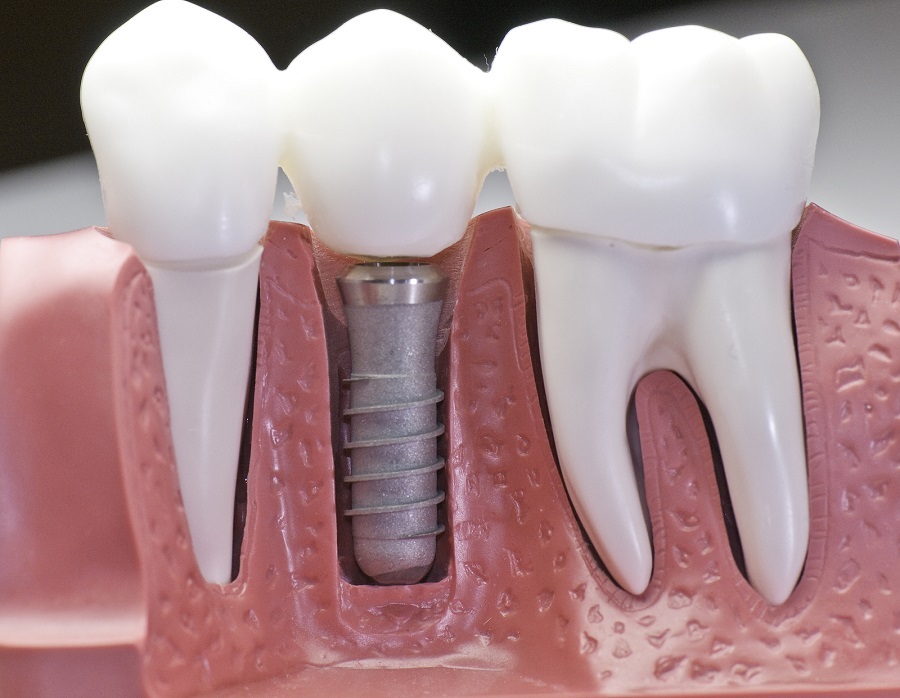Are you a new parent or a soon-to-be parent? Congratulations! Welcoming a little one into the world is an incredible journey filled with joy and excitement. As you navigate this new chapter, it's important to remember that taking care of your baby's oral health should be at the top of your priority list. One common dental issue that affects infants and young children is baby bottle tooth decay. But fear not! In this blog post, we will explore what exactly baby bottle tooth decay is and provide you with some effective strategies to prevent it.
What is baby bottle tooth decay?
As a parent, it's crucial to understand what baby bottle tooth decay is and how it can impact your little one's oral health. Also known as early childhood caries or nursing bottle syndrome, baby bottle tooth decay refers to the decay and deterioration of teeth in infants and young children.
This condition occurs when sugary liquids, such as milk, formula, juice, or sweetened water, are left clinging to a child's teeth for an extended period. The sugars in these liquids provide food for bacteria in the mouth to produce acids that attack the enamel of their teeth.
Baby bottle tooth decay often affects the upper front teeth but can spread to other areas of the mouth if left untreated. It can cause pain and discomfort for your baby while also leading to more serious oral health issues down the line.
Factors that contribute to baby bottle tooth decay include frequent exposure to sugary drinks throughout the day or night (especially through prolonged use of a feeding bottle), allowing babies or toddlers to sleep with bottles filled with anything other than water, poor oral hygiene practices, and lack of regular visits to a pediatric dentist.
Preventing baby bottle tooth decay starts with good oral hygiene habits from an early age. After each feeding session, gently wipe your infant's gums with a clean cloth or gauze pad. Once their first tooth emerges around six months old, start using an infant-sized soft-bristled brush with water only.
Avoid putting your child down for naps or bedtime with a bottle filled with anything except water. Encourage them to drink from cups as they transition from breastmilk/formula dependence. Limit sugary drinks altogether and opt for healthier alternatives like plain water instead.
Regular dental check-ups should also be part of your child's healthcare routine starting at around their first birthday – even if they still have few teeth visible! A pediatric dentist will assess their oral health development and provide guidance on proper care specific to their needs.
By being proactive in preventing baby bottle tooth decay, you're setting your child up for
How to prevent baby bottle tooth decay
One of the essential aspects of caring for your baby's oral health is preventing baby bottle tooth decay. This condition, also known as early childhood caries, occurs when a baby's teeth are exposed to sugary liquids for prolonged periods.
To prevent baby bottle tooth decay, it is crucial to avoid putting your child down for naptime or bedtime with a bottle filled with anything other than water. Milk, formula, juice, and other sugary drinks can linger on their teeth and lead to decay. Instead, encourage healthy drinking habits by introducing a cup around six months of age.
Regularly clean your baby's gums and newly erupted teeth using a soft cloth or infant toothbrush. As soon as the first tooth appears, start brushing it gently with an appropriate amount of fluoride toothpaste.
Limit your child's intake of sugary snacks and drinks throughout the day. Encourage them to drink from a regular cup rather than relying on bottles or sippy cups as they get older.
Ensure that both you and your child visit the dentist regularly for check-ups and professional cleanings.
By following these preventive measures consistently, you can protect your little one from experiencing the discomfort and potential long-term effects of baby bottle tooth decay.
Conclusion
In this article, we have discussed the importance of preventing baby bottle tooth decay and explored some effective strategies to keep your little one's teeth healthy. Baby bottle tooth decay can cause serious dental problems for infants and toddlers if left untreated, so it is crucial to take proactive measures.
By following a few simple steps, such as avoiding sugary drinks in bottles or sippy cups at bedtime and practicing good oral hygiene habits from an early age, you can significantly reduce the risk of baby bottle tooth decay. Remember to clean your child's gums with a damp cloth or soft brush before the first tooth erupts and start brushing their teeth with a smear of fluoride toothpaste once they appear.
Regular visits to the dentist are also essential for monitoring your child's dental health and catching any potential issues early on. A professional dental cleaning can remove plaque buildup that may lead to cavities.
By being diligent about oral care from infancy onwards, you can help ensure that your child develops strong and healthy teeth that will serve them well throughout their lives. So let's prioritize our little ones' oral health and give them every reason to smile brightly!
Contact Vasquez & Associates Dental Office if you have any questions. You can schedule a consultation by calling (760) 529-5339 or visiting us at 3601 Vista Way Ste 105, Oceanside, CA 92056.
More Blog Posts
Visit Our Office
Oceanside, CA
3601 Vista Way Ste 105, Oceanside, CA 92056
Email: Info.vasquezdds@gmail.com
Request An AppointmentOffice Hours
- MON8:00 am - 5:00 pm
- TUE8:00 am - 5:00 pm
- WED8:00 am - 5:00 pm
- THU8:00 am - 5:00 pm
- FRI8:00 am - 5:00 pm
- SATClosed
- SUNClosed






